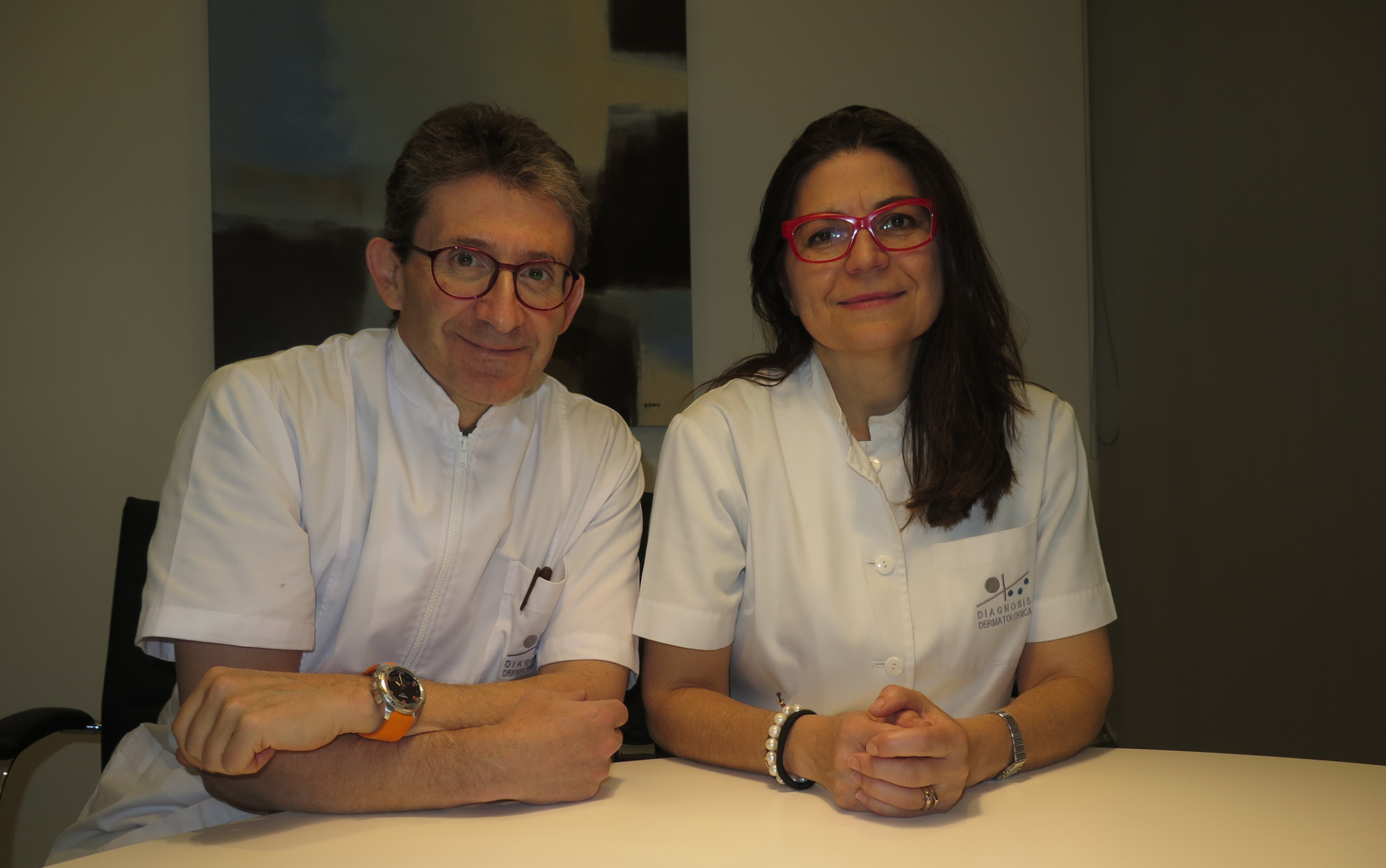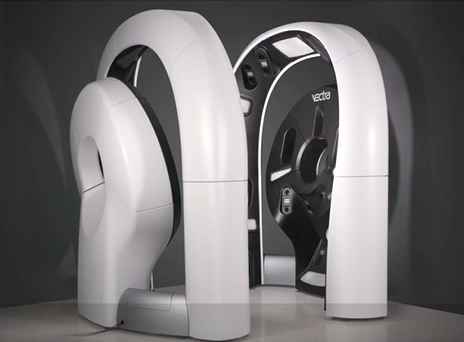Reconocimiento a la Dra. Susana Puig Sardá por su trayectoria profesional, proyección internacional y referente en oncología dermatológica a nivel mundial

Reconocimiento a la Dra. Susana Puig Sardá por su trayectoria profesional, proyección internacional y referente en oncología dermatológica a nivel mundial
por parte de la Asociación Española Dermatología y Venereología AEDV.
Más de 100 residentes R3 se forman en el segundo curso de dermato-oncología

La dermato-oncología aborda la prevención, el diagnóstico precoz y el tratamiento del cáncer de piel, así como en el diagnóstico y tratamiento de las toxicidades cutáneas derivadas de la terapia oncológica. Más de 100 residentes R3 han asistido a la segunda edición de `DERMATO-ONCOLOGÍA´, el curso de cáncer cutáneo que organizan la Academia Española de Dermatología y […]
Curso de dermatoscopia, inflamatoria y tricoscopia. 2 y 3 de Mayo
La dermatoscopia forma parte del ejercicio de la dermatología y se ha convertido en imprescindible nosolamente en el diagnóstico diferencial de la patología tumoral sino también en procesos inflamatorios,en la patología ungueal y en la tricología. Nuevos criterios diagnósticos junto con los bien establecidosy los nuevos análisis de patrones en patología no tumoral requieren de […]
Catalonia develops artificial intelligence tools to detect skin cancer

Catalonia develops #artificialintelligence tools to detect skin cancer. There are several doctors who defend that good use of it, and always under professional supervision, can serve to more accurately detect cancerous lesions that the human eye would miss. high. That is why skin cancer (some of its lesions are very small or difficult to detect) is one of the first fields in which to use AI. #DrMalvehy “AI allows us to classify tumors, as well as do precision medicine,” defended #JosepMalvehy, coordinator of the Skin Cancer and Innovation Unit of the Institute of Medicine and Dermatology of the Hospital Clínic of Barcelona. #DrMalvehy ” Access to a dermatologist will be increasingly difficult in Europe because skin cancer continues to increase,” acknowledged Malvehy, who has defended the “fundamental” role that primary care plays in this regard. That is why he predicted that, in the near future, primary doctors will use specialized scanners and algorithms to detect these lesions, and thus they will be able to refer only patients who are seriously ill to a dermatologist (and not all, as is done now, to that the specialist assesses). Source: ElPeriodico



